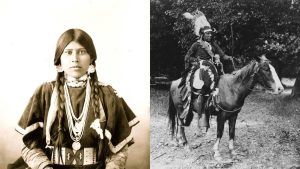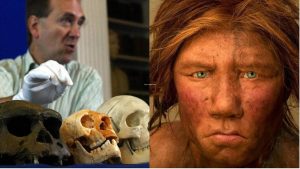Historic figures who were blessed with incredible luck
Luck is often an underestimated force in shaping the course of history. While skill, intelligence, and hard work play significant roles, sometimes being in the right place at the right time can make all the difference.
From leaders narrowly escaping assassination to inventors stumbling upon life-changing discoveries, luck has a way of intervening in the most unexpected ways. Let’s delve into the fascinating stories of historical figures whose lives were touched by serendipity.
Napoleon Bonaparte: The Fortunate General with a Lucky Star
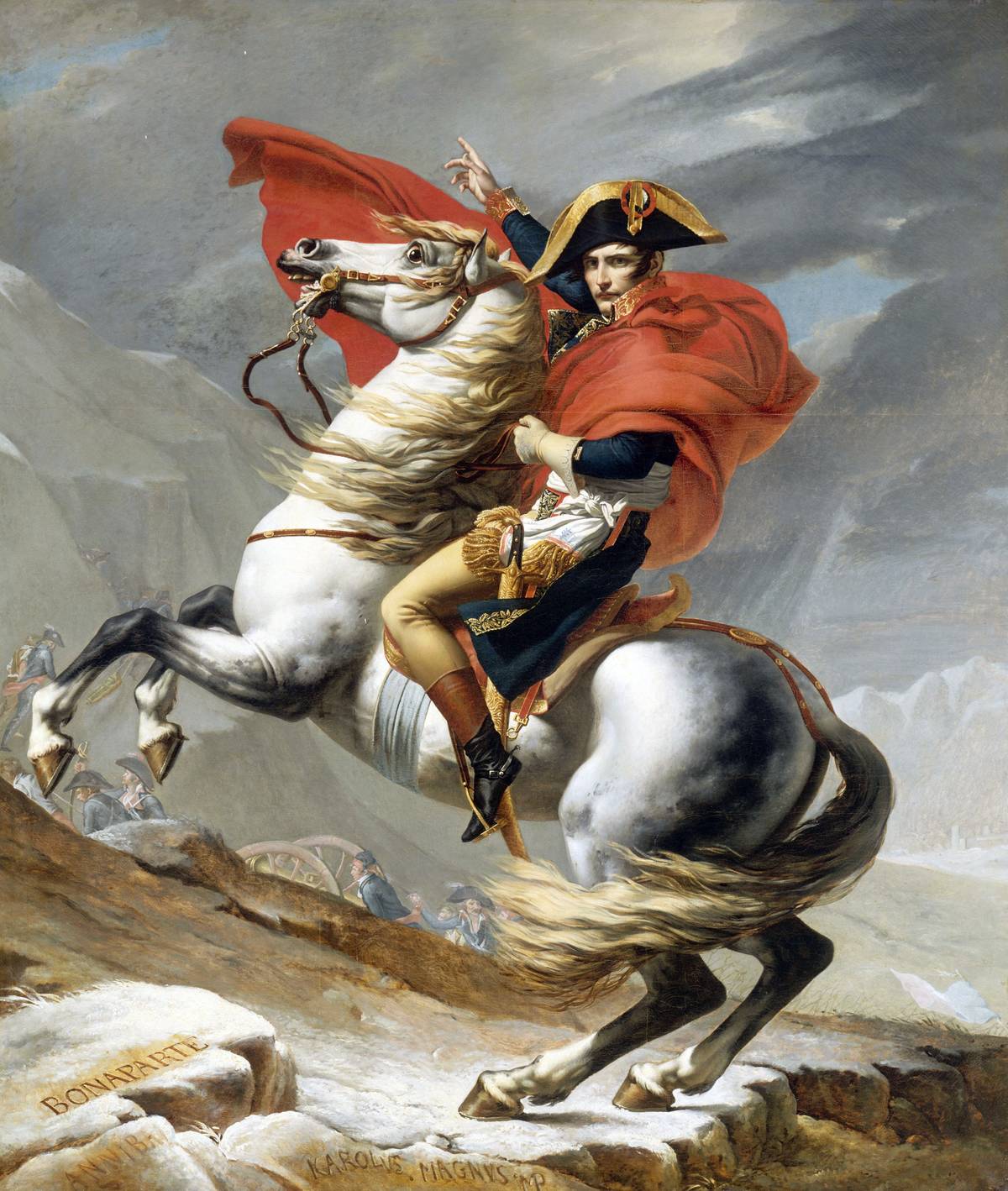
Napoleon Bonaparte, a military genius, often credited his victories to his “lucky star.” One example of luck was the Battle of Austerlitz in 1805, where a dense fog bought time for his forces to launch a surprise attack.
This victory solidified his reputation as a formidable leader. Despite his eventual downfall, Napoleon’s uncanny ability to capitalize on favorable circumstances played a crucial role in his rise to power.
Thomas Edison: The Inventor Who Turned Failures into Fortunes
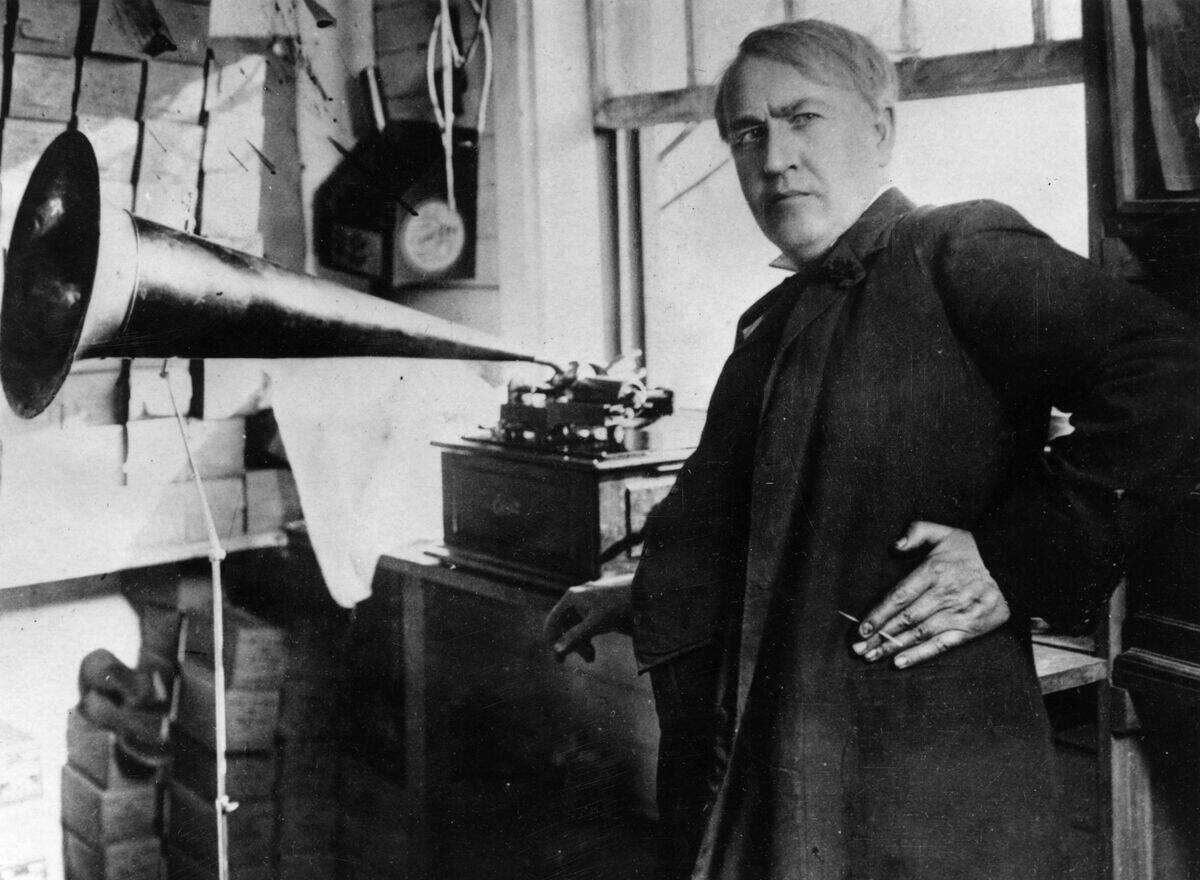
Thomas Edison, the prolific inventor, famously said, “I have not failed. I’ve just found 10,000 ways that won’t work.” His persistence paid off in the form of numerous successful inventions, including the phonograph and the light bulb.
Interestingly, Edison’s discovery of the phonograph was a happy accident while he was working on improving the telegraph. His ability to turn setbacks into breakthroughs shows how luck and perseverance can lead to innovation.
Albert Einstein: The Genius Who Benefited from Fortuitous Events
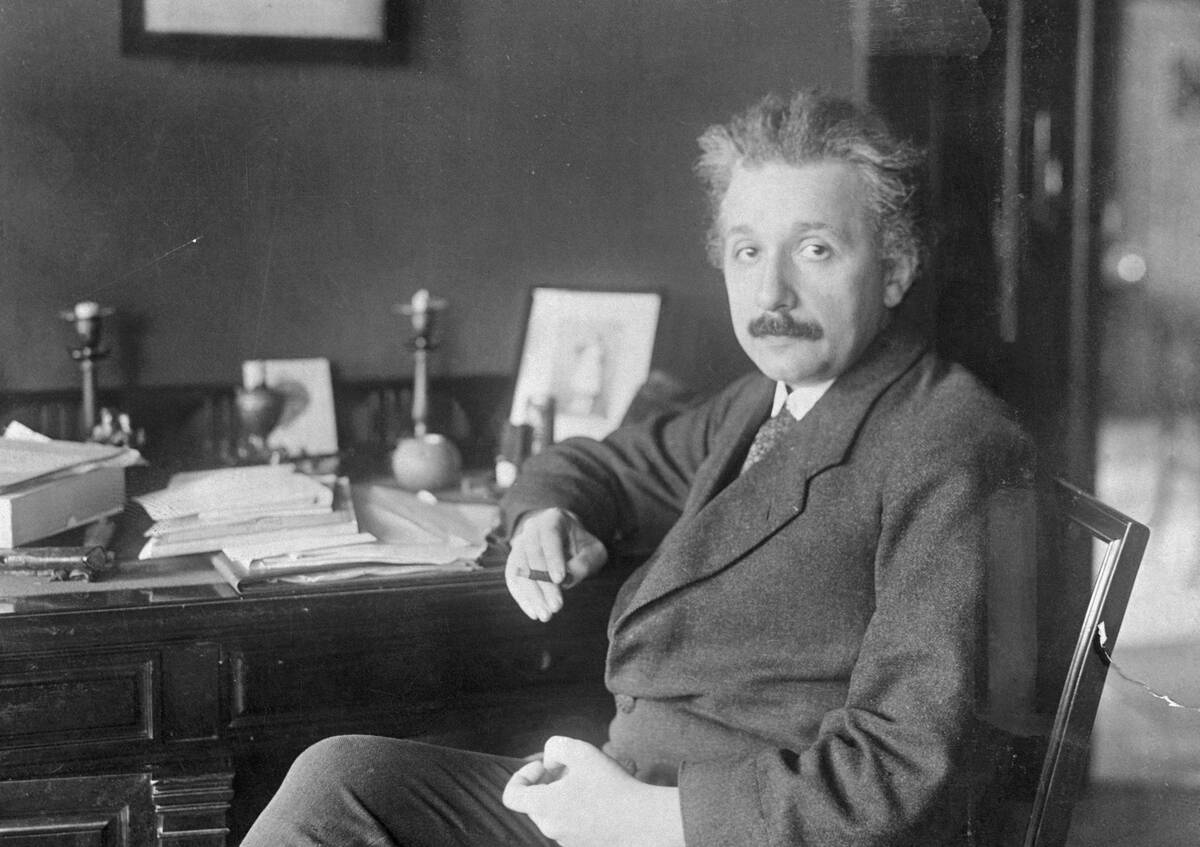
Albert Einstein’s journey to becoming a renowned physicist was not without its share of fortunate events. In 1905, he worked as a patent clerk, a job that left him with ample time to think and develop his revolutionary theories.
That year, often called his “Annus Mirabilis,” he published four seminal papers, including the theory of relativity. His ability to seize opportunities and the chance to work in a conducive environment contributed significantly to his success. He was also able to flee Germany right as the Nazis came to power, and his sailing hobby saw him take incredible risks that never claimed his life.
Tsutomu Yamaguchi: The Man Who Survived Two Atomic Weapons
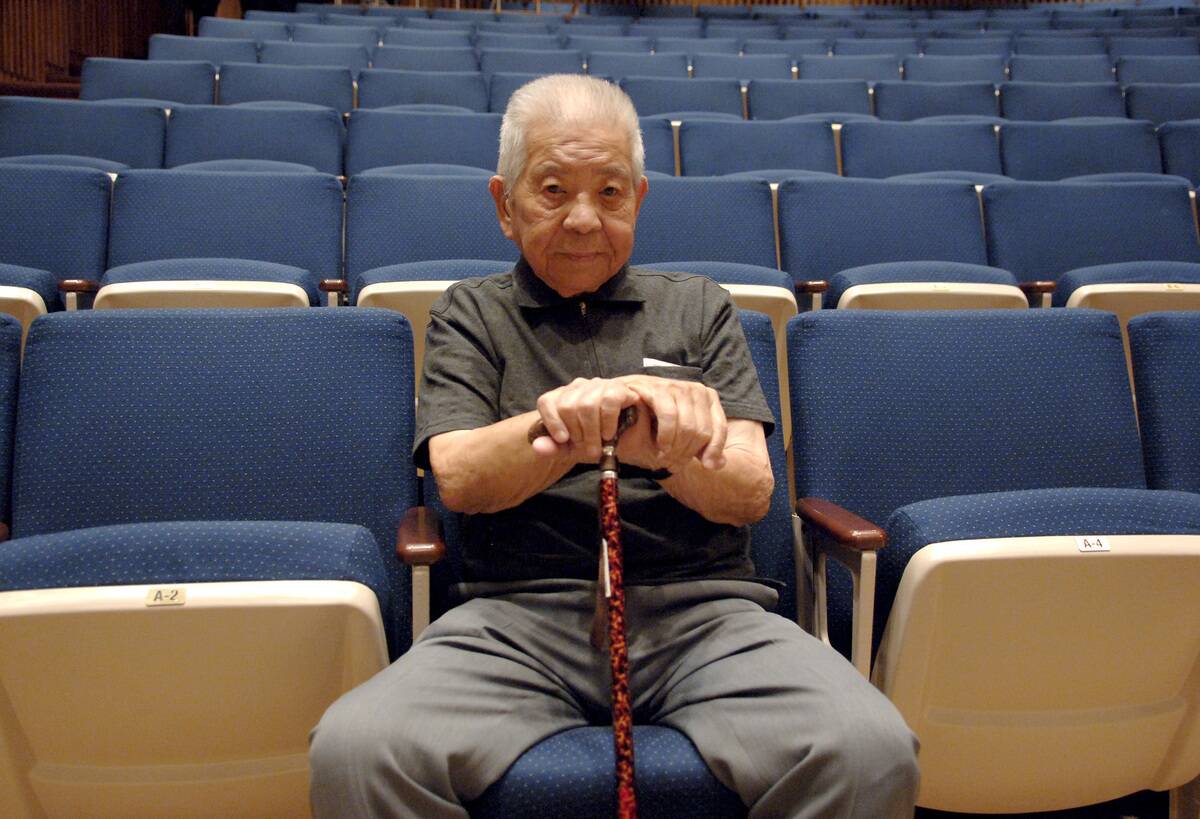
Tsutomu Yamaguchi’s story is a testament to the unpredictability of fate. On August 6, 1945, he was in Hiroshima when the first atomic weapon was dropped, surviving with injuries.
Remarkably, three days later, he found himself in Nagasaki, where he survived the second explosion. His incredible survival against such odds highlights the role of sheer luck in human endurance. Yamaguchi lived to the age of 93, sharing his experiences and advocating for nuclear disarmament.
Franklin D. Roosevelt: The President with a Lucky Political Career
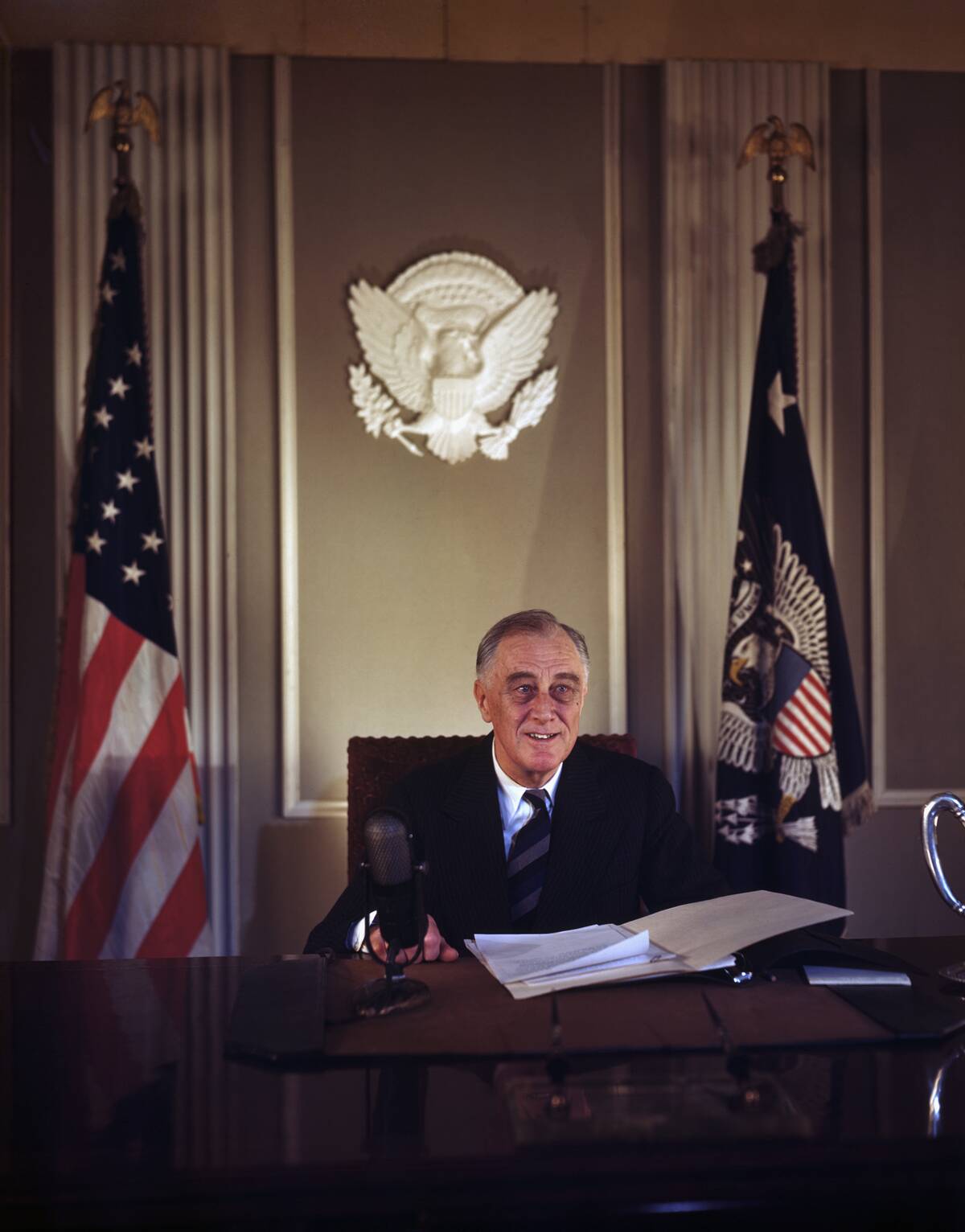
Franklin D. Roosevelt, the 32nd President of the United States, had a political career marked by fortunate turns. Elected during the Great Depression, he introduced the New Deal, which helped revive the American economy.
His leadership during World War II further cemented his legacy. Interestingly, an assassination attempt in 1933 failed when the shooter missed, sparing his life. He also narrowly avoided death after a U.S. Navy destroyer accidentally fired a torpedo at the ship he was standing on. These fortuitous events allowed Roosevelt to serve four terms, guiding the nation through challenging times.
John D. Rockefeller: The Oil Tycoon Who Struck it Rich
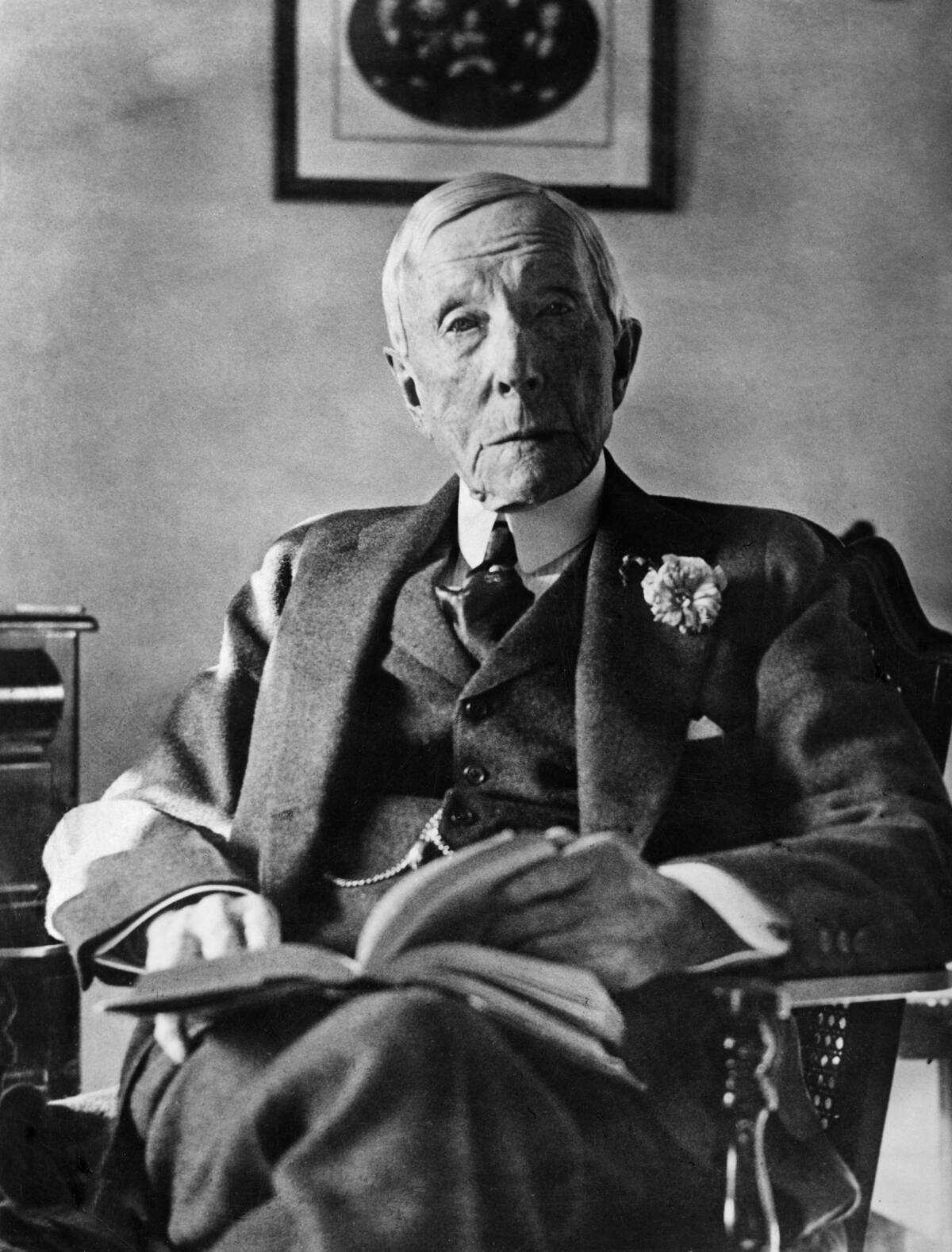
John D. Rockefeller, a name synonymous with wealth, was born into modest circumstances. His entry into the oil industry coincided with the burgeoning demand for kerosene and oil, positioning him perfectly for success.
In 1870, he founded Standard Oil, which eventually monopolized the oil industry. While his business acumen was undeniable, the timing of his ventures and the market conditions were undeniably lucky factors that contributed to his immense fortune.
Alexander Fleming: The Scientist Who Accidentally Discovered Penicillin
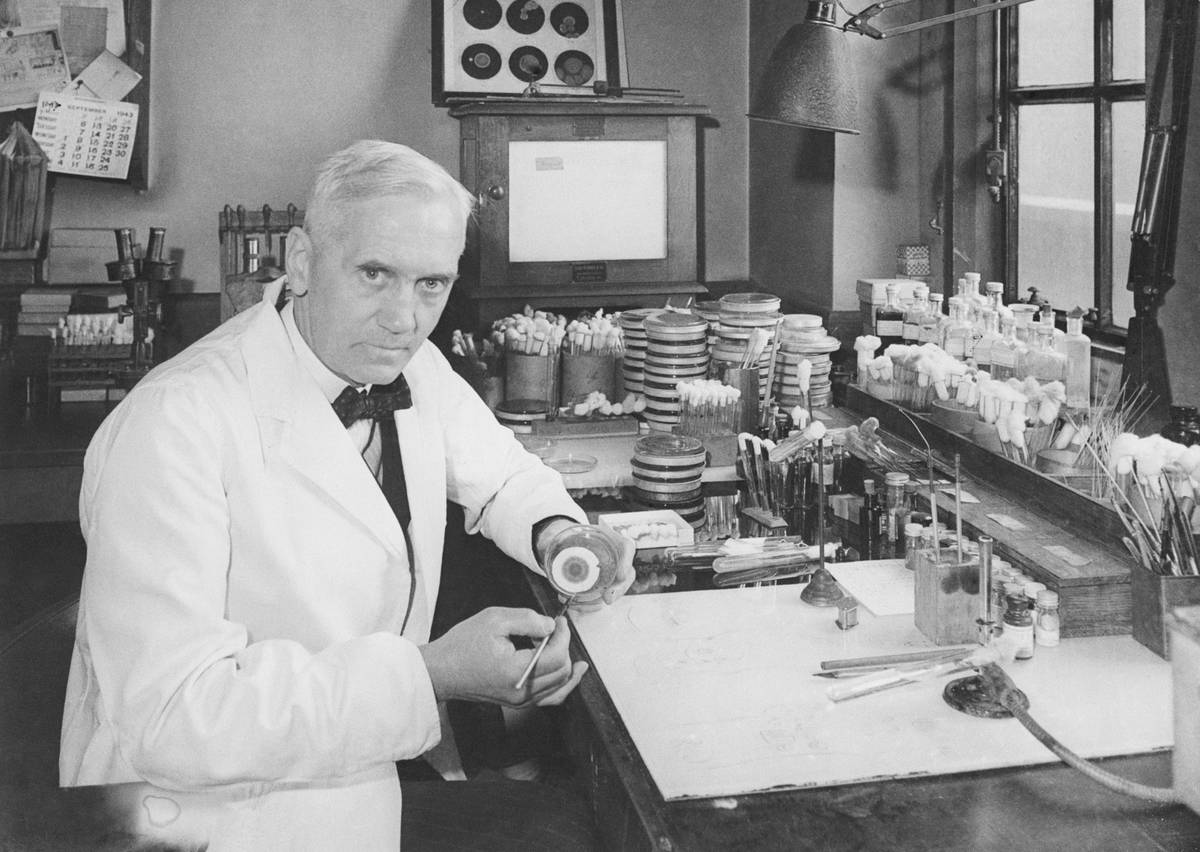
Alexander Fleming’s discovery of penicillin is one of the most famous “eureka” moments in scientific history. In 1928, he accidentally left a petri dish of Staphylococcus bacteria uncovered, only to find it later contaminated with mold.
Remarkably, the mold had killed the bacteria around it, leading to the development of penicillin. This chance occurrence revolutionized medicine, saving countless lives. Fleming’s open-mindedness and curiosity turned an ordinary mishap into a groundbreaking medical breakthrough.
Mark Zuckerberg: The Harvard Student Who Launched a Social Media Empire

Mark Zuckerberg’s creation of Facebook is a story of seizing opportunity. As a Harvard student, he developed the social networking site in 2004, initially for college students.
The platform quickly gained traction, expanding beyond campuses and becoming a global phenomenon. While Zuckerberg’s technical skills were crucial, the timing of Facebook’s launch during the rise of the internet and social media was serendipitous. His story highlights how being at the forefront of a digital revolution can lead to immense success.
Helen Keller: Overcoming Adversity with a Touch of Luck
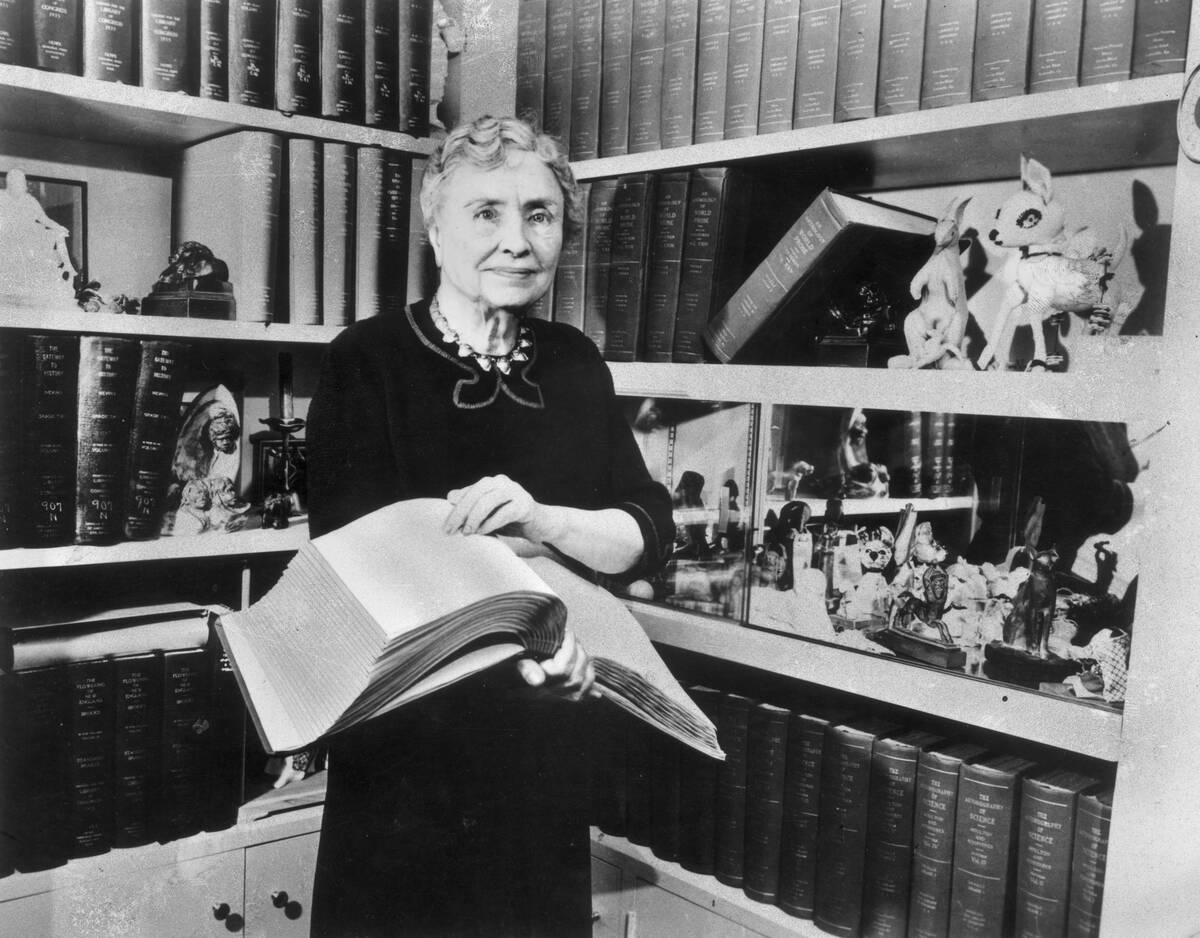
Helen Keller’s inspiring story of overcoming deafness and blindness is well-known. However, her path to success was also marked by fortuitous events. At the age of seven, she met Anne Sullivan, a teacher who transformed her life by teaching her to communicate.
This meeting was a turning point, leading to Keller’s remarkable achievements as an author and activist. Her story illustrates how pivotal encounters can shape one’s destiny and open doors to new possibilities.
The Wright Brothers: The Inventors Who Soared to New Heights
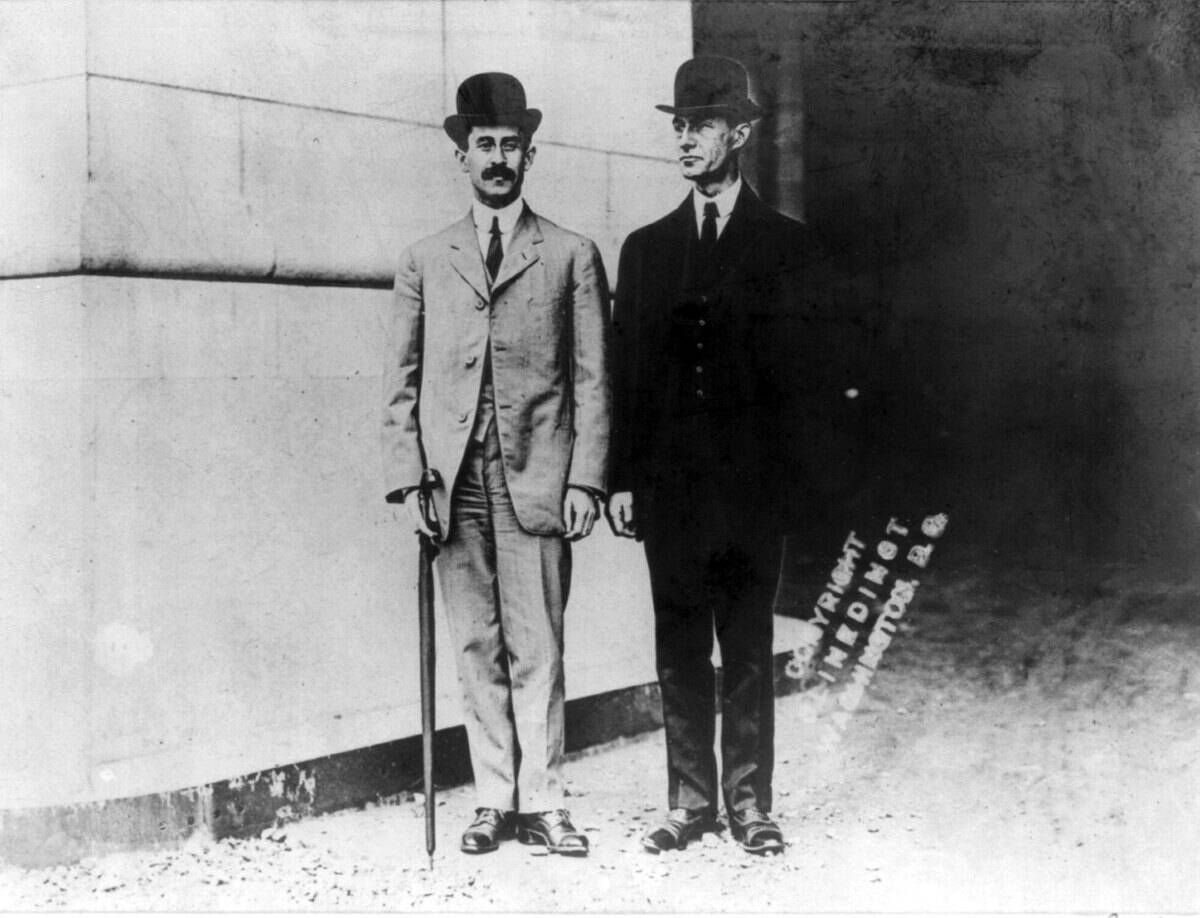
The Wright brothers, Orville and Wilbur, are celebrated for inventing the first successful airplane. Their success was the result of years of experimentation, but also a stroke of luck. In 1903, they chose Kitty Hawk, North Carolina, for its ideal wind conditions to test their Flyer. They were also able to work quicker than expected, given the unexpected presence of their friend Charlie Taylor in their operations.
The location and timing were crucial, allowing them to achieve controlled, powered flight. Their breakthrough changed the course of transportation history, demonstrating how favorable circumstances can propel innovation forward.




